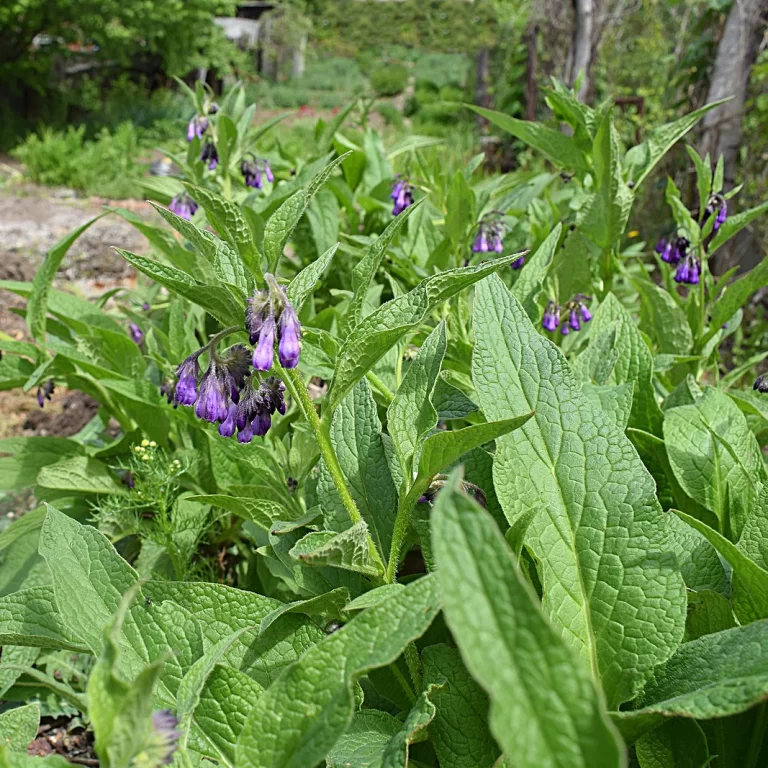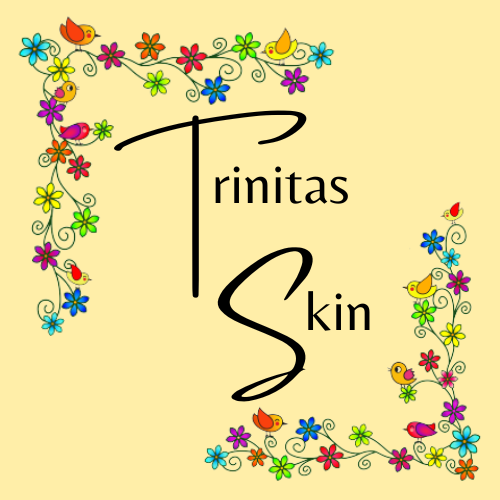Bisabolol is a natural ingredient found in various plants, such as chamomile and candeia. It is often used in the cosmetic industry due to its multiple benefits for the skin and hair. It was from the essential oil of Chamomilla recutita, or wild chamomile, that bisabolol was first isolated in 1951.
The bisabolol used in cosmetic care can be of plant or synthetic origin. In both cases, it retains all its properties.
Bisabolol is an extremely gentle ingredient that is wonderful on sensitive, irritated, or dry skin.
Benefits of Bisobolol to both the skin and hair:
- Moisturizing : bisabolol acts as a humectant to retain water within the cells of the epidermis. It thus contributes to the maintenance of the skin barrier and to the prevention of dehydration fine lines.
- Anti-inflammatory : bisabolol has the ability to inhibit the activity of COX-2, an inflammatory membrane protein that releases prostaglandins, as well as the action of certain pro-inflammatory cytokines. Therefore, bisabolol can be used to soothe skin or scalp itching or certain redness.
- Antioxidant : Bisabolol protects the skin against free radicals, thereby assisting in slowing down skin aging. It also protects the hair from the appearance of split ends or breakage.
- Healing : bisabolol promotes the activity of the fibroblast growth factor, the fibers responsible for the synthesis of collagen and elastin, which are essential for the formation of scar tissue. It also encourages the multiplication and migration of fibroblasts to the wound area.
- Prevention of aging signs : bisabolol has the ability to inhibit collagenase, the enzyme responsible for breaking down the peptide bonds of collagen and its degradation. The action of bisabolol on collagenase helps to prevent this phenomenon and contributes to skin suppleness.
- Antibacterial : Multiple sources have shown that bisabolol has an effect against certain resistant bacterial strains. This active ingredient can thus help regulate the bacterial populations living on our skin.
- Bleaching : a study has highlighted the inhibitory effect of bisabolol on melanogenesis, making it an ally in the fight against pigmented spots.
Bisabolol: Are there dangers to be aware of?
To date, no side effects have been reported after using bisabolol for cosmetic purposes. This ingredient is considered safe and is not subject to a concentration limit by European cosmetic regulations. After hypoallergenic HRIPT (Human Repeat Insult Patch Test) tests, it was established that bisabolol was neither irritating, harmful, nor allergenic. Moreover, tests on guinea pigs have shown that this active ingredient was not photo-allergenic or photo-toxic. Finally, bisabolol is not among the ingredients advised against for pregnant or breastfeeding women.
Sources
- PARK D. & al. Whitening effect of alpha-bisabolol in Asian women subjects. International journal of cosmetic science (2010).
- LEE S.-G. & al. Fermentative production and direct extraction of (-)-α-bisabolol in metabolically engineered Escherichia coli. Microbial cell factories (2016).
- OJHA S. & al. Health Benefits, Pharmacological Effects, Molecular Mechanisms, and Therapeutic Potential of α-Bisabolol. Nutrients (2022).
- https://us.typology.com/library/everything-you-need-to-know-about-bisabolol



